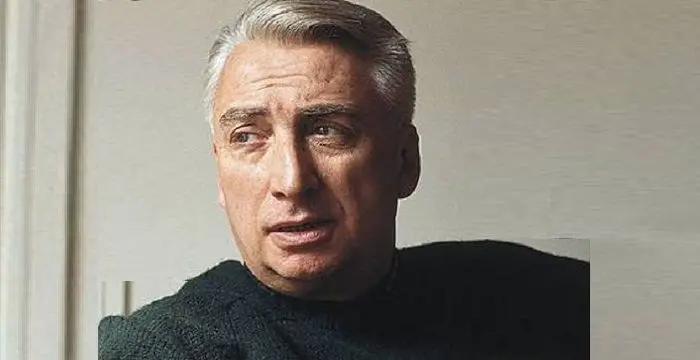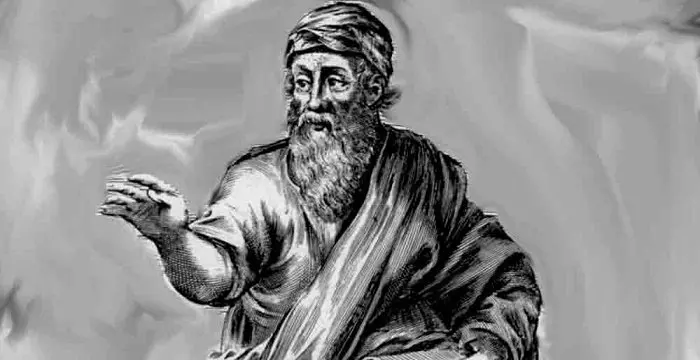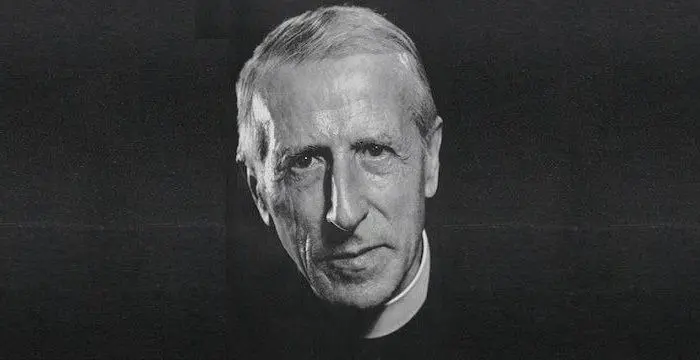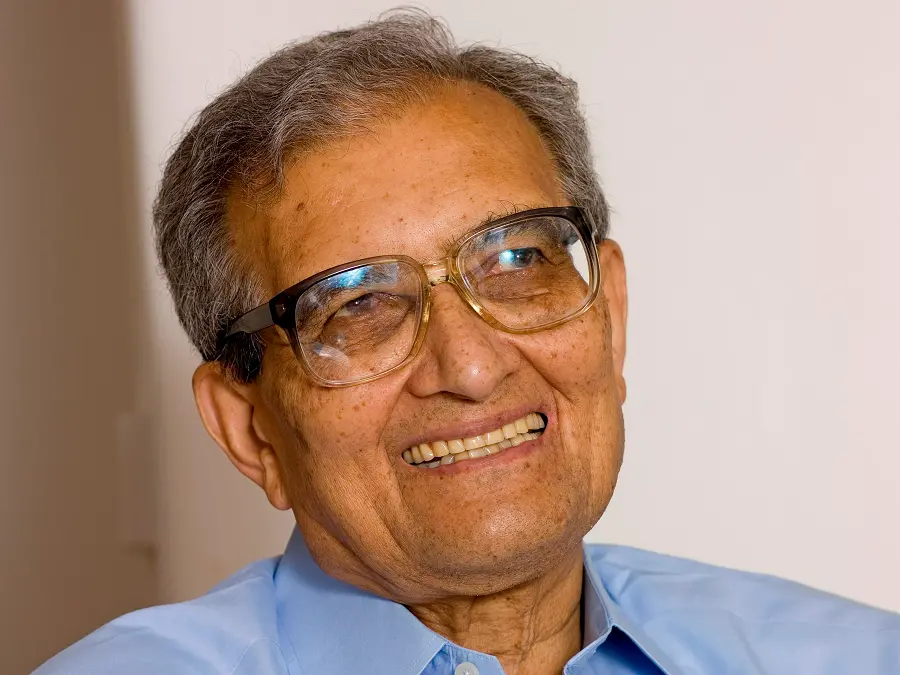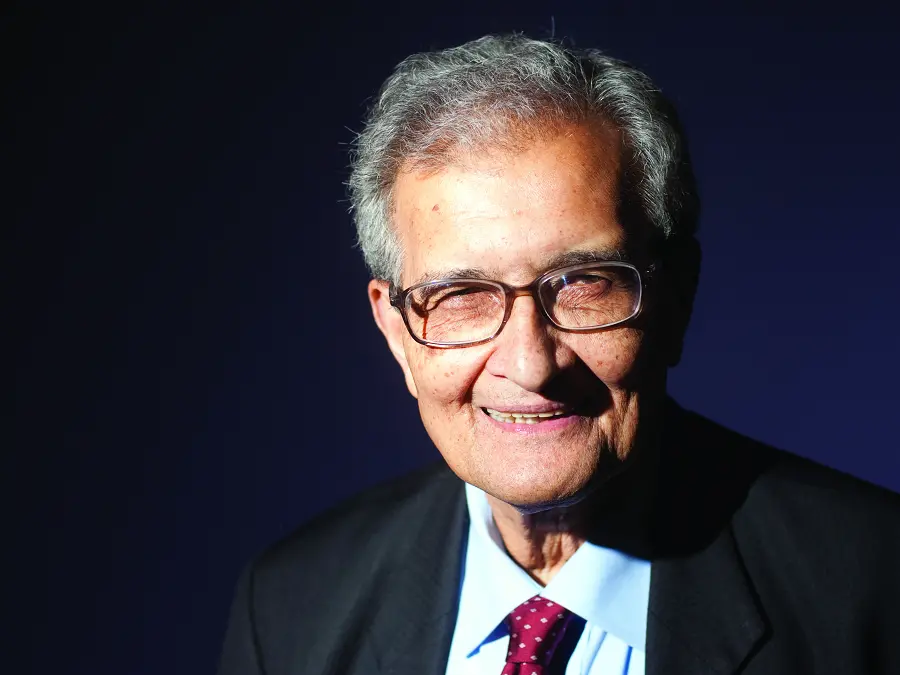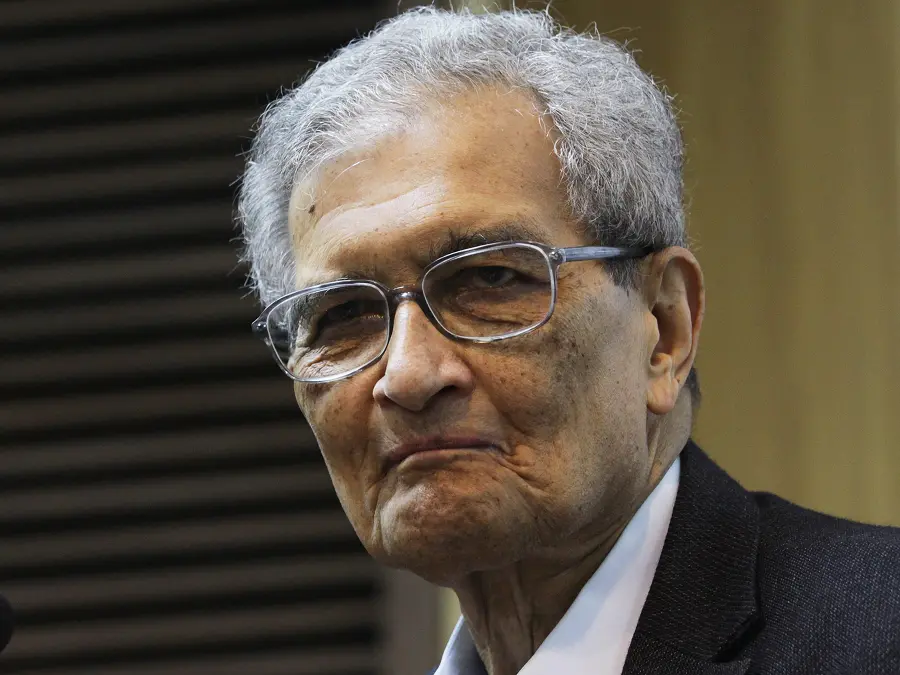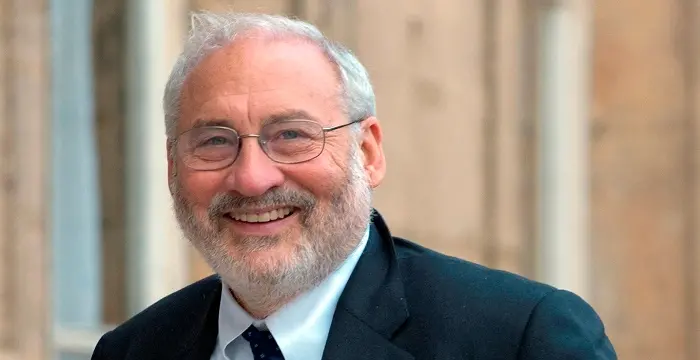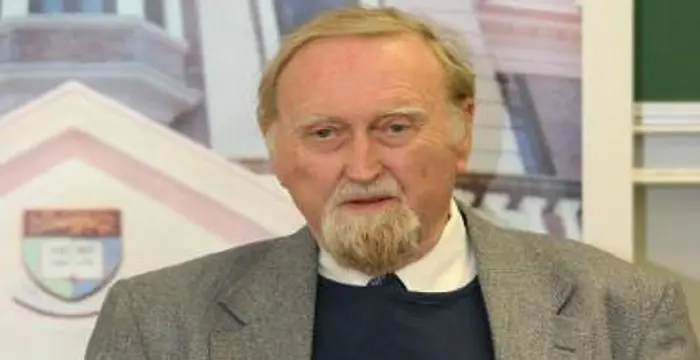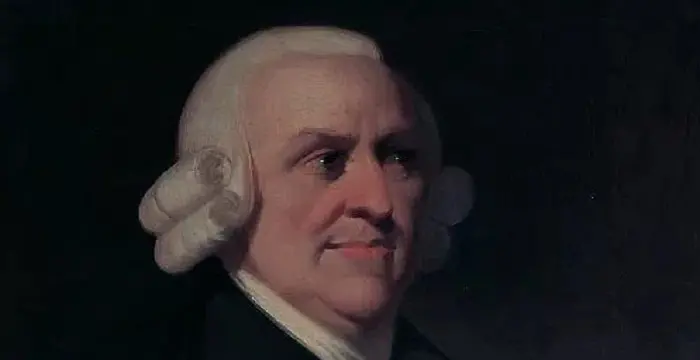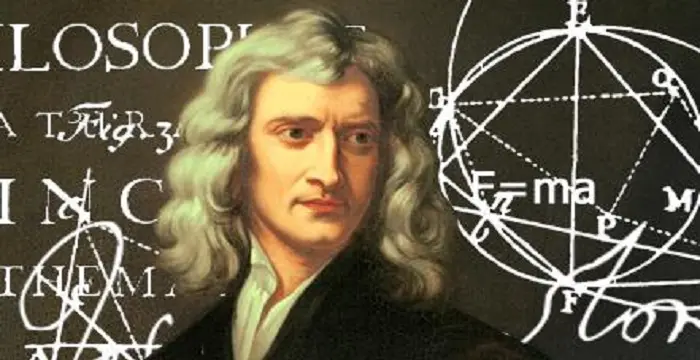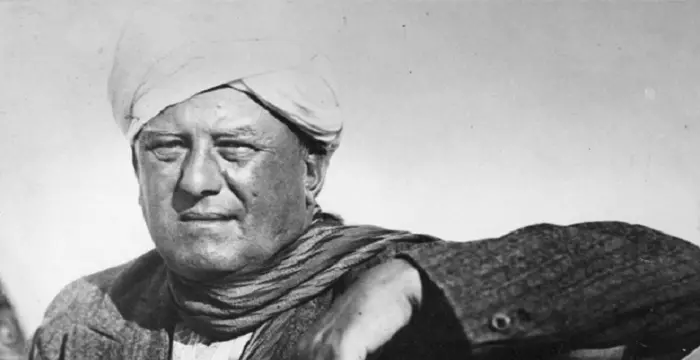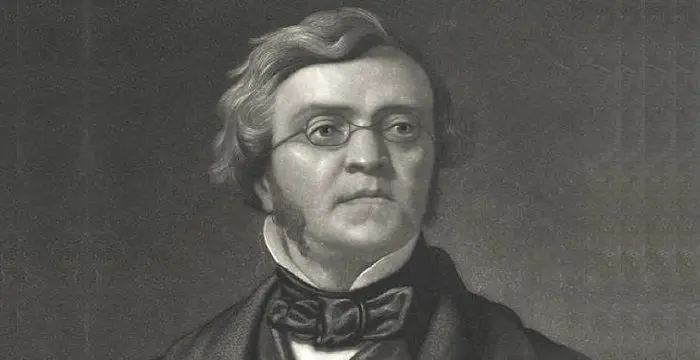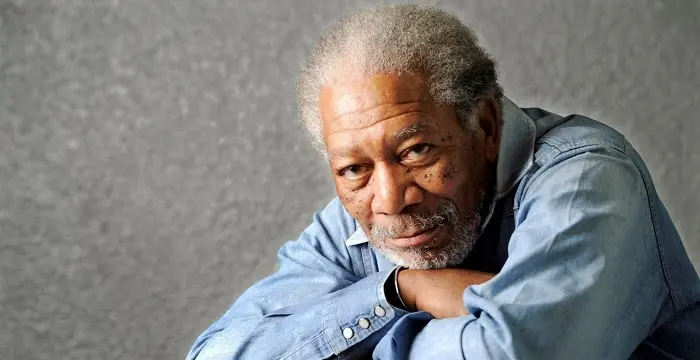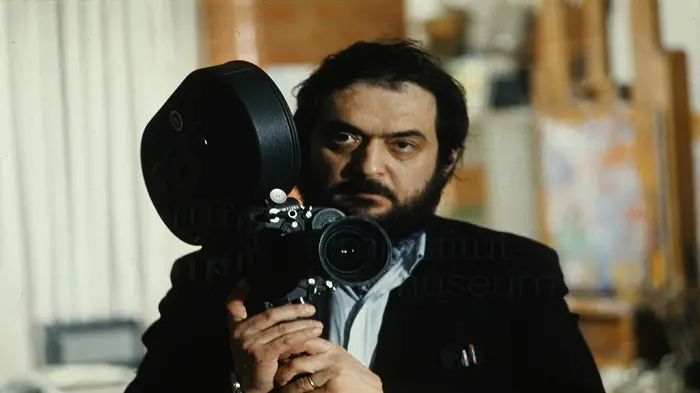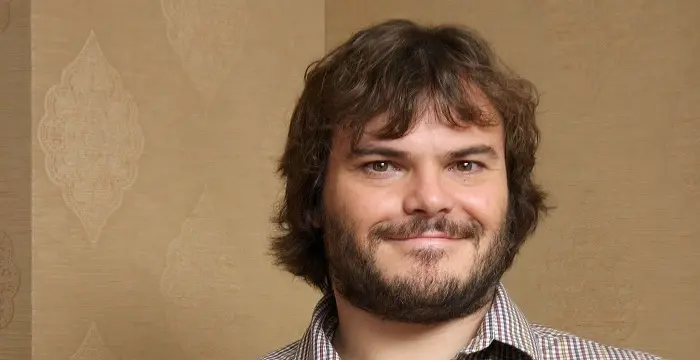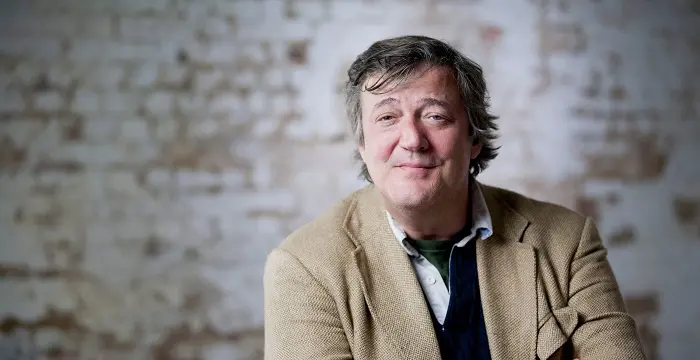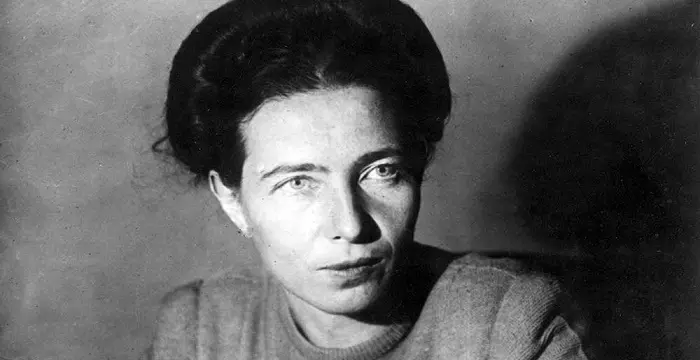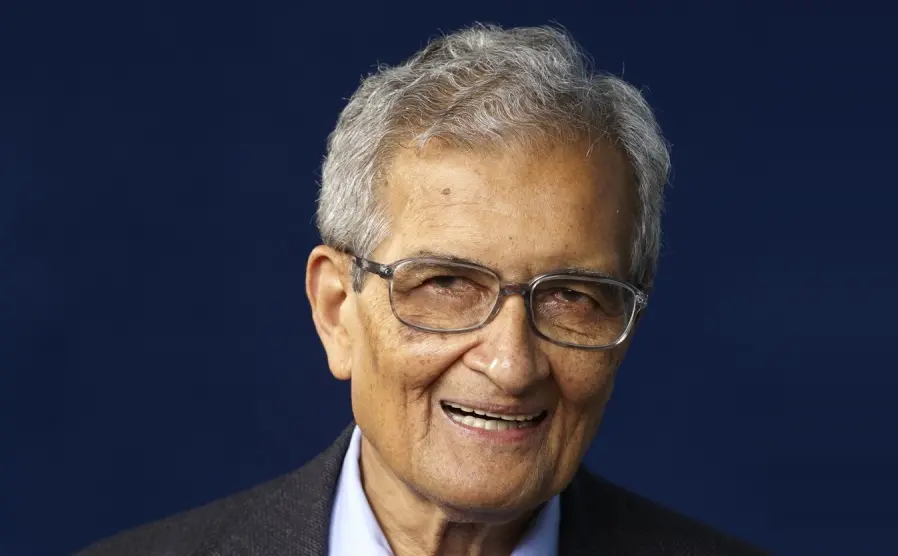
Amartya Sen - Philosophers, Timeline and Life
Amartya Sen's Personal Details
Amartya Sen is a much-admired, award winning economist, writer and philosopher
| Information | Detail |
|---|---|
| Birthday | November 3, 1933 |
| Nationality | Indian |
| Famous | Atheists, Trinity College, Cambridge, Intellectuals & Academics, Philosophers, Economists, Economists, Philosophers |
| Spouses | Emma Georgina Rothschild (m. 1991), Eva Colorni (m. 1971–1985), Nabaneeta Dev Sen (m. 1959–1971) |
| Childrens | Antara Dev Sen, Nandana Sen |
| Universities |
|
| Notable Alumnis |
|
| Birth Place | Santiniketan |
| Gender | Male |
| Father | Ashutosh Sen |
| Mother | Amita Sen |
| Sun Sign | Scorpio |
| Born in | Santiniketan |
| Famous as | Economist & Philosopher |
// Famous Philosophers
Roland Barthes
Roland Barthes was a French literary theorist, critic and semiotician. This biography profiles his childhood, life, works, achievements and timeline.
Pythagoras
Pythagoras of Samos was a Greek mathematician and philosopher. Read on to learn more about Pythagoras’s profile, childhood, life and timeline.
Pierre Teilhard de Chardin
Pierre Teilhard de Chardin was a famous French philosopher and a priest who was also known for his controversial writings. Read more about the life and works of this philosopher in the following article.
Amartya Sen's photo
Who is Amartya Sen?
Amartya Sen is a much-admired, award winning economist, writer and philosopher. A voice of the poor and malnourished, tirelessly engrossed in the problems of the society’s poorest people, he has devised practical solutions to prevent food shortage and starvation. This Nobel laureate has helped create the United Nations Human Development Index and was featured on Time Magazine’s list of ‘World's 50 Most Influential People Who Matter’. A leading intellectual, Sen’s books have been translated in more than thirty languages across the world. Some of his noteworthy publications include, ‘Development as Freedom’, ‘Poverty and Famines: An Essay on Entitlements and Deprivation’, ‘On Economic Inequality’, ‘Inequality Reexamined’, ‘The Argumentative Indian’ and ‘The Idea of Justice’. Currently a Professor of Economics and Philosophy at Harvard University, Sen has also been a Professor at the London School of Economics and The University of Oxford. He has won an array of laurels including the Bharat Ratna, the highest civilian award in India. Committed sincerely to the cause of ending poverty and deprivation, this celebrated economist, is the sixth Indian to receive a Nobel and the first Asian recipient of the Economics Prize. To learn more interesting facts about his childhood, personal life and achievements in the field of writing and academics, scroll down and continue to read this biography.
// Famous Economists
Joseph E. Stiglitz
Joseph E. Stiglitz is a Nobel Prize winning American economist. Check out this biography to know about his childhood, family life, achievements and other facts related to his life.
Sir Clive William John Granger
Clive. W.J. Granger is a Nobel Prize winning economist and a trendsetter in economic science. With this biography, explore all about Clive Granger’s profile and life.
Adam Smith
Adam Smith was a Scottish Philosopher and Political Economist. Read this biography to learn more about his childhood, profile, life and timeline.
Childhood & Early Life
Amartya Sen was born in Santiniketan, West Bengal, India to Ashutosh Sen, a Professor, who later served as the Chairman of the West Bengal Public Service Commission, and Amita Sen.
In 1941, he was enrolled at the St Gregory's School, Dhaka and after the partition of India, his family moved to India, where he attended the Visva-Bharati University School.
In 1953, he graduated from Presidency College, Kolkata with a First Class Honours in B.A Economics. That year, he attended Trinity College, Cambridge, where he earned another B.A.
In 1956, at the age of 23, he was appointed as the Professor and head of the Economics Department at the Jadavpur University, Calcutta. After two years, he went back to Cambridge University to pursue his Ph.D.
In 1959, he submitted his Ph.D. thesis titled ‘the choice of techniques’, after which he was a visiting Professor at Massachusetts Institute of Technology.
From 1961 to 1972, he was a Professor at the Delhi School of Economics, after which he was a Professor of Economics at the London School of Economics. He also taught at the University of Calcutta.
Career
In 1970, his first book titled ‘Collective Choice and Social Welfare’, which is considered as one of his most influential monographs that addressed the issues of basic welfare, justice, equality and individual rights.
Published in the year 1973, his book ‘On Economic Inequality’, was a study of the theory of welfare economics in relation to the study of economic inequality.
His 1982 essay, ‘Poverty and Famines: An Essay on Entitlements and Deprivation’, highlighted the cause of lack of food supply, malnutrition and an analysis of famines.
In 1984, his work development economies, ‘Resources, Values, and Development’ was published. The publication focussed on the investment design, shadow rating, employment policy, and welfare economics.
His 1987 publication ‘On Ethics and Economics’, was a critical piece of writing that argued that welfare economics and modern ethical studies can benefit from each other.
In 1990, he authored a controversial essay for the The New York Review of Books, titled ‘More Than 100 Million Women Are Missing’. The essay throws light on the gender imbalance and the reasons for it.
In 1992, his book ‘Inequality Reexamined’ was published by the Harvard University Press. The book examined the notion of inequality and focussed mainly on the ‘capability approach’.
In 1998, his Nobel Prize Lecture publication titled ‘The Possibility of Social Choice’, in which he declared that welfare economics was a core theme in social change theory.
In 1999, he came out with the publication titled ‘Development as Freedom’, in the book he focussed on the concept of ‘international development’ and ‘developmental economics’.
In 2002, he came out with his book titled ‘Rationality and Freedom’, which is divided into two volumes on rationality, freedom, and justice. He brings a clear, clarified insight into each of these concepts.
In 2005, his popular book, ‘The Argumentative Indian’ was published. The book is a collection of essays on history and identity of India and the need to understand contemporary India and its argumentative tradition.
In 2009, his book ‘The Idea of Justice’ was published by Allen Lane and Harvard University Press. The book was a highlight on economic reasoning and a critique of John Rawls book, ‘A Theory of Justice’.
In his 2011 publication, ‘Peace and Democratic Society’, he explores the relationship between violence, peace and democracy. He delves into the concept of ‘organised violence’ and war, genocide and terrorism.
He is currently working as a Professor of Economics and Philosophy at Harvard University and also the Thomas W. Lamont University Professor.
Major Works
His publication ‘Development as Freedom’ was recognised by the Nobel Prize committee as an important contribution in the field of economic development theory.
One of his seminal 1992 works ‘Inequality Reexamined’, is an acclaimed book that brought together all the important themes of his work from over a decade. In this book he addresses some of the most important concerns of inequality.
Awards & Achievements
In 1954, he was awarded the Adam Smith Prize.
In 1998, he was the recipient of the Nobel Memorial Prize in Economic Sciences that he received for his contribution to the field of ‘welfare economics’.
In 1999, he was awarded the Bharat Ratna, which is ‘the highest civilian award in India'.
In 2011, he was awarded National Humanities Medal.
Personal Life & Legacy
His first wife was Nabaneeta Dev Sen with whom he had two children, Antara Sen and Nandana Sen. The marriage ended in 1971.
In 1973, he married Eva Colorni and they had two children together. She died of stomach cancer in 1985.
In 1991, he married Emma Georgina Rothschild. The couple often vacation in their Cambridge home in Massachusetts.
Trivia
This admired Indian Bharat Ratna awardee and writer has been a permanent resident of the U.S for almost 50 years but choose to retain only his Indian citizenship.
// Famous Trinity College, Cambridge
Isaac Newton
Isaac Newton was an English scientist and mathematician, who discovered gravitation and Newtonian Mechanics. Read this biography to find more on his life.
Aleister Crowley
Aleister Crowley was an occultist and ceremonial magician who founded the ethical philosophy of Thelema. This biography of Aleister Crowley provides detailed information about his childhood, life, achievements, works & timeline.
William Makepeace Thackeray
William Thackeray was an English novelist and satirist. Read this brief biography to find more on his life & timeline.
Amartya Sen's awards
| Year | Name | Award |
|---|---|---|
Other | ||
| 2000 | He was awarded the Eisenhower Medal for Leadership and Service USA | |
| 2002 | International Humanist Award from the International Humanist and Ethical Union | |
| 2003 | Lifetime Achievement Award from the Indian Chamber of Commerce | |
| 2011 | The National Humanities Medal | |
| 0 | - Life Time Achievement award from UNESCAP | |
| 0 | ||
| 0 | 1998 - Nobel Memorial Prize in Economic Sciences for his work | |
| 0 | 1999 - Bharat Ratna Award | |
| 0 | 2000 - Leontief Prize for his outstanding contribution to economic theory | |
Amartya Sen biography timelines
- // 3rd Nov 1933Amartya Sen was born in Santiniketan, West Bengal, India to Ashutosh Sen, a Professor, who later served as the Chairman of the West Bengal Public Service Commission, and Amita Sen.
- // 1941In 1941, he was enrolled at the St Gregory's School, Dhaka and after the partition of India, his family moved to India, where he attended the Visva-Bharati University School.
- // 1953In 1953, he graduated from Presidency College, Kolkata with a First Class Honours in B.A Economics. That year, he attended Trinity College, Cambridge, where he earned another B.A.
- // 1954In 1954, he was awarded the Adam Smith Prize.
- // 1956In 1956, at the age of 23, he was appointed as the Professor and head of the Economics Department at the Jadavpur University, Calcutta. After two years, he went back to Cambridge University to pursue his Ph.D.
- // 1959In 1959, he submitted his Ph.D. thesis titled ‘the choice of techniques’, after which he was a visiting Professor at Massachusetts Institute of Technology.
- // 1961 To 1972From 1961 to 1972, he was a Professor at the Delhi School of Economics, after which he was a Professor of Economics at the London School of Economics. He also taught at the University of Calcutta.
- // 1970In 1970, his first book titled ‘Collective Choice and Social Welfare’, which is considered as one of his most influential monographs that addressed the issues of basic welfare, justice, equality and individual rights.
- // 1973Published in the year 1973, his book ‘On Economic Inequality’, was a study of the theory of welfare economics in relation to the study of economic inequality.
- // 1982His 1982 essay, ‘Poverty and Famines: An Essay on Entitlements and Deprivation’, highlighted the cause of lack of food supply, malnutrition and an analysis of famines.
- // 1984In 1984, his work development economies, ‘Resources, Values, and Development’ was published. The publication focussed on the investment design, shadow rating, employment policy, and welfare economics.
- // 1987His 1987 publication ‘On Ethics and Economics’, was a critical piece of writing that argued that welfare economics and modern ethical studies can benefit from each other.
- // 1990In 1990, he authored a controversial essay for the The New York Review of Books, titled ‘More Than 100 Million Women Are Missing’. The essay throws light on the gender imbalance and the reasons for it.
- // 1992In 1992, his book ‘Inequality Reexamined’ was published by the Harvard University Press. The book examined the notion of inequality and focussed mainly on the ‘capability approach’.
- // 1998In 1998, he was the recipient of the Nobel Memorial Prize in Economic Sciences that he received for his contribution to the field of ‘welfare economics’.
- // 1999In 1999, he came out with the publication titled ‘Development as Freedom’, in the book he focussed on the concept of ‘international development’ and ‘developmental economics’.
- // 1999In 1999, he was awarded the Bharat Ratna, which is ‘the highest civilian award in India'.
- // 2002In 2002, he came out with his book titled ‘Rationality and Freedom’, which is divided into two volumes on rationality, freedom, and justice. He brings a clear, clarified insight into each of these concepts.
- // 2005In 2005, his popular book, ‘The Argumentative Indian’ was published. The book is a collection of essays on history and identity of India and the need to understand contemporary India and its argumentative tradition.
- // 2009In 2009, his book ‘The Idea of Justice’ was published by Allen Lane and Harvard University Press. The book was a highlight on economic reasoning and a critique of John Rawls book, ‘A Theory of Justice’.
- // 2011In his 2011 publication, ‘Peace and Democratic Society’, he explores the relationship between violence, peace and democracy. He delves into the concept of ‘organised violence’ and war, genocide and terrorism.
- // 2011In 2011, he was awarded National Humanities Medal.
// Famous Atheists
Morgan Freeman
Morgan Freeman is an Academy Award winning actor known for his work in movies like ‘Street Smart’, ‘Driving Miss Daisy’ and ‘Million Dollar Baby’. This biography provides detailed information about his childhood, life, achievements, works & timeline.
Robert Smith
Robert Smith is an English musician and the lead singer of the British rock band, ‘The Cure.’ This biography of Robert Smith gives detailed information on his profile, childhood, life and timeline.
Stanley Kubrick
Stanley Kubrick was a screenwriter and film director known for his movies like ‘The Clockwork Orange’ and ‘The Shining’. This biography of Stanley Kubrick provides detailed information about his childhood, life, achievements, works & timeline.
Jack Black
Jack Black is a renowned American actor-producer and voice artist. Explore this biography to learn more about his profile, childhood, career and timeline
Stephen Fry
Stephen Fry is a comedian, actor, author, television and radio presenter. Read the biography and know all about his childhood, career, profile and timeline.
Simone de Beauvoir
Simone de Beauvoir was an eminent French writer, intellectual, activist, and philosopher. This biography profiles her childhood, life, thoughts, achievements and timeline.
Amartya Sen's FAQ
What is Amartya Sen birthday?
Amartya Sen was born at 1933-11-03
Where is Amartya Sen's birth place?
Amartya Sen was born in Santiniketan
What is Amartya Sen nationalities?
Amartya Sen's nationalities is Indian
Who is Amartya Sen spouses?
Amartya Sen's spouses is Emma Georgina Rothschild (m. 1991), Eva Colorni (m. 1971–1985), Nabaneeta Dev Sen (m. 1959–1971)
Who is Amartya Sen childrens?
Amartya Sen's childrens is Antara Dev Sen, Nandana Sen
What was Amartya Sen universities?
Amartya Sen studied at Trinity College, Cambridge, Trinity College, Cambridge, University of Calcutta, Presidency College, Kolkata, Visva-Bharati University, University of Cambridge, St Gregory's School
What was Amartya Sen notable alumnis?
Amartya Sen's notable alumnis is Trinity College, Cambridge
Who is Amartya Sen's father?
Amartya Sen's father is Ashutosh Sen
Who is Amartya Sen's mother?
Amartya Sen's mother is Amita Sen
What is Amartya Sen's sun sign?
Amartya Sen is Scorpio
How famous is Amartya Sen?
Amartya Sen is famouse as Economist & Philosopher
